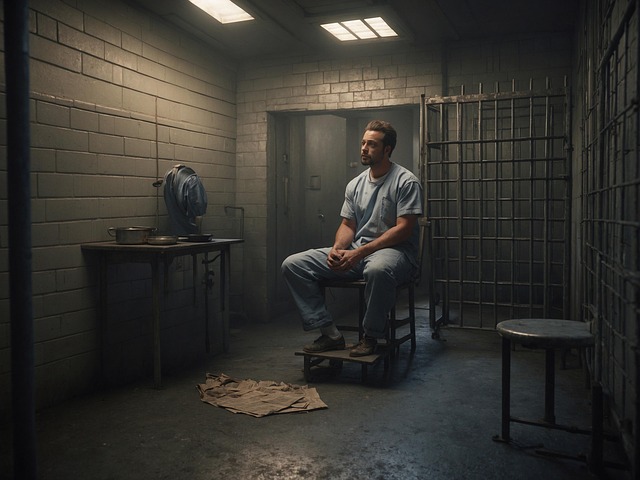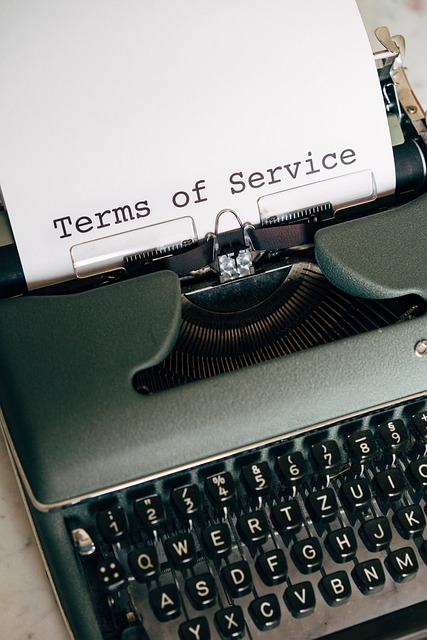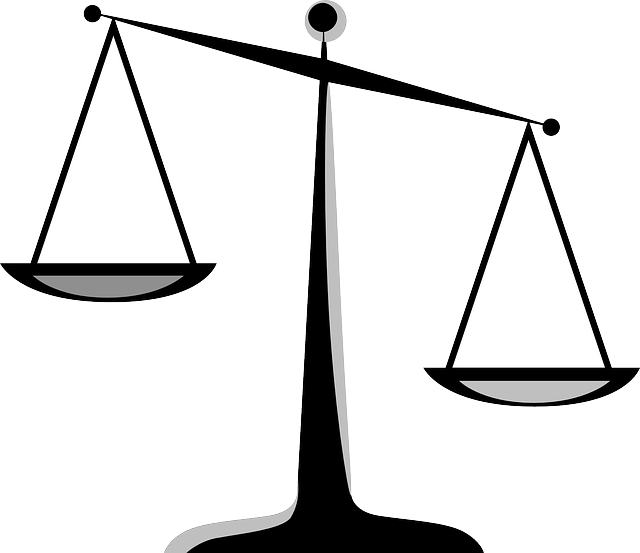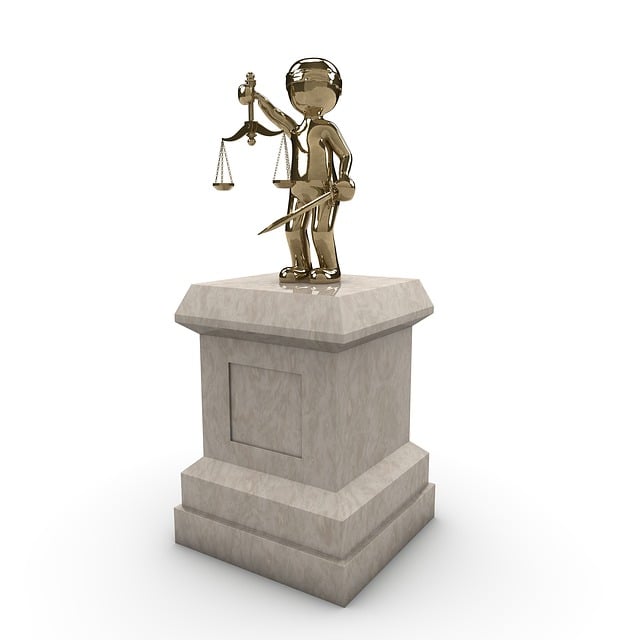The criminal procedure timeline for corporate crime investigations involves multiple stages: initial probe, formal investigation with evidence collection, arrest based on sufficient grounds, pretrial hearings, and a trial where legal arguments determine the fate of executives and departments. Post-arrest, strict evidence handling protocols, strategic case reviews, and meticulous preparations are crucial to ensure fair trials and potential dismissal of charges due to procedural errors or insufficient evidence. Understanding defense strategies is key for companies and legal representatives navigating this timeline from arrest to trial.
Corporate crime investigations are complex processes that demand a deep understanding of both legal frameworks and corporate structures. This comprehensive guide delves into the intricate world of understanding, navigating, and defending against corporate crimes. We explore the criminal procedure timeline, from initial investigation to arrest, highlighting crucial steps in evidence handling and legal processes post-arrest. Additionally, we provide strategies for defense and potential outcomes in corporate crime trials, offering valuable insights for all stakeholders.
- Understanding Corporate Crime Investigations: A Comprehensive Overview
- The Criminal Procedure Timeline: From Initial Investigation to Arrest
- Legal Processes and Evidence Handling Post-Arrest: Preparing for Trial
- Strategies for Defense and Potential Outcomes in Corporate Crime Trials
Understanding Corporate Crime Investigations: A Comprehensive Overview

Corporate Crime Investigations delve into complex legal landscapes where businesses and their employees face allegations of misconduct. Understanding this process involves grasping a structured approach that mirrors the criminal procedure timeline from arrest to trial. This framework ensures fairness, due process, and adherence to applicable laws for all parties involved.
The journey begins with an investigation, where law enforcement or regulatory bodies gather evidence related to suspected white-collar or economic crimes. These investigations can be internal, initiated by a company’s own compliance department, or external, led by government agencies. Once sufficient evidence is gathered, the next step is arrest and booking, formally initiating the criminal procedure. The accused individual faces charges, which could range from fraud and embezzlement to conspiracy and racketeering, depending on the nature of the alleged crime within the respective business. Throughout this process, legal representation is crucial for guiding clients and avoiding indictment.
The Criminal Procedure Timeline: From Initial Investigation to Arrest

The Criminal Procedure Timeline for corporate crime investigations typically begins with an initial probe by law enforcement or regulatory bodies. This phase involves gathering preliminary evidence, conducting interviews, and analyzing potential legal avenues. Once sufficient grounds are established, a formal investigation is launched, leading to the gathering of more substantial proof and a thorough examination of company records.
The process progresses towards arrest when enough evidence is gathered to support charges. In corporate cases, this may involve high-level executives or specific departments. From there, the timeline evolves through various stages: from pretrial hearings where legal arguments are presented, to trial where the fate of both corporate and individual clients is decided. The goal for a winning challenging defense is to either secure a complete dismissal of all charges or achieve verdicts that mitigate potential damage to the organization and its personnel.
Legal Processes and Evidence Handling Post-Arrest: Preparing for Trial

Post-arrest, the legal process and evidence handling are crucial steps in preparing for trial, forming a robust criminal procedure timeline from arrest to trial. Once a suspect is arrested, law enforcement agencies must adhere to strict protocols for evidence collection and preservation. This includes documenting every step of the investigation, ensuring the integrity of physical and digital evidence, and following proper chain-of-custody procedures.
The goal is to maintain an unprecedented track record of successful prosecutions and winning challenging defense verdicts. Skilled investigators and prosecutors work collaboratively to review the case, identify key pieces of evidence, and strategize their presentation. This meticulous approach not only ensures a fair trial but also prepares for potential legal challenges. It may lead to complete dismissals of all charges if procedural errors or insufficient evidence are discovered during this critical phase.
Strategies for Defense and Potential Outcomes in Corporate Crime Trials

In corporate crime investigations, understanding the potential strategies for defense and outcomes is crucial for both companies and their legal representatives. Given the complexity of such cases, a robust strategy that leverages an unprecedented track record of success can significantly influence the criminal procedure timeline from arrest to trial. Across the country, experienced attorneys have developed innovative approaches to challenge evidence, question witness credibility, and expose procedural errors, aiming to mitigate penalties or even secure dismissals for their corporate and individual clients.
During trials, defense teams often employ a multi-pronged approach, focusing on the admissibility of evidence, the motives behind accusations, and potential alternative explanations for suspected misconduct. By presenting compelling arguments and leveraging expert testimony, they aim to create reasonable doubt in the minds of jurors or judges. The outcome can range from acquittals to reduced charges, depending on the strength of the defense strategy and the specific circumstances of each case.
Corporate crime investigations, encompassing a complex web of legal procedures, require meticulous navigation from initial inquiry to trial. Understanding the criminal procedure timeline, including evidence handling and strategic defense mechanisms, is paramount for all involved. By mastering these aspects, legal professionals can ensure fair representation while navigating the intricate landscape of corporate criminal justice, ultimately shaping favorable outcomes for both corporates and their stakeholders.






